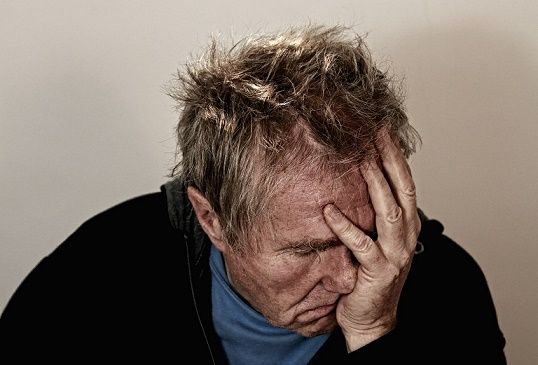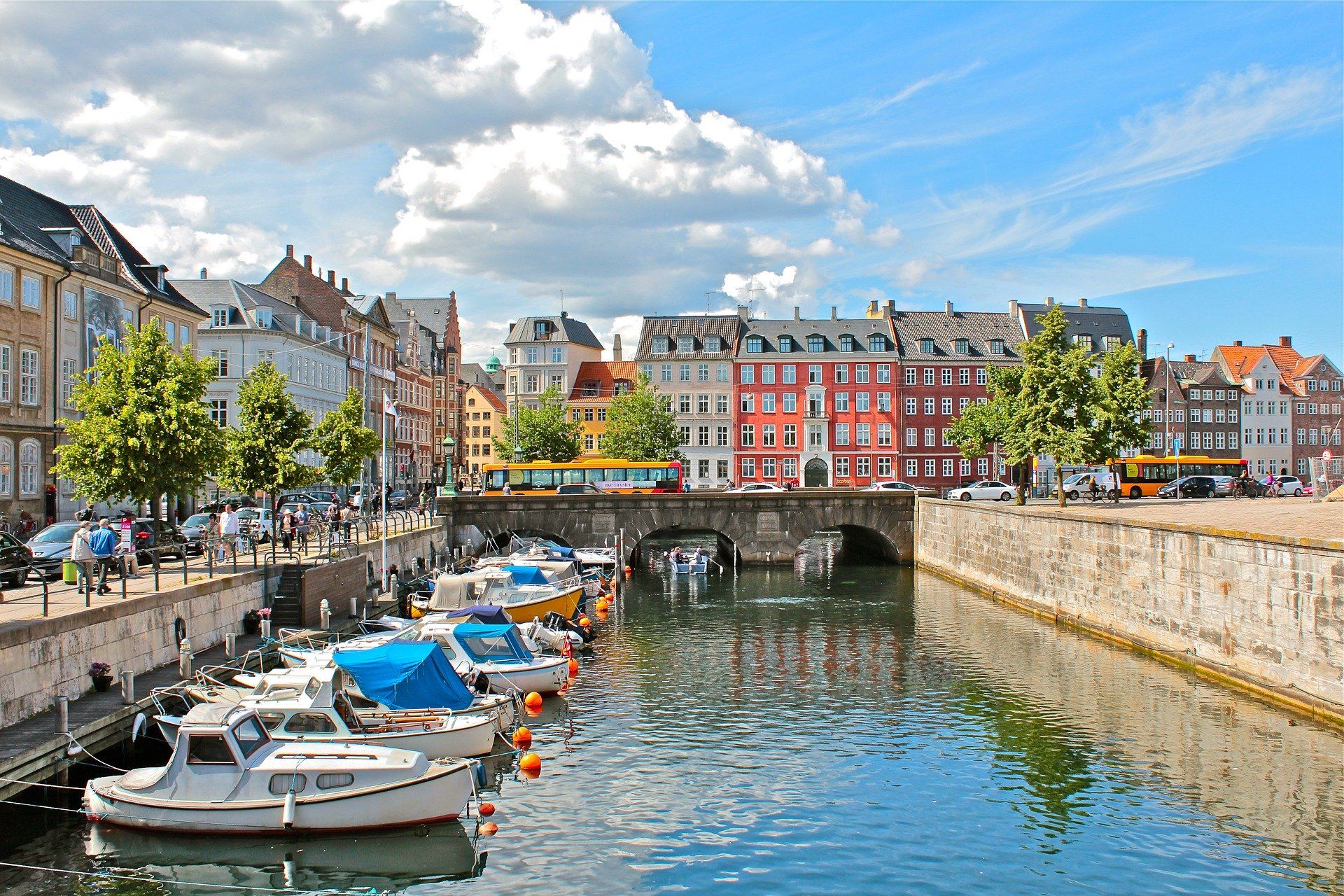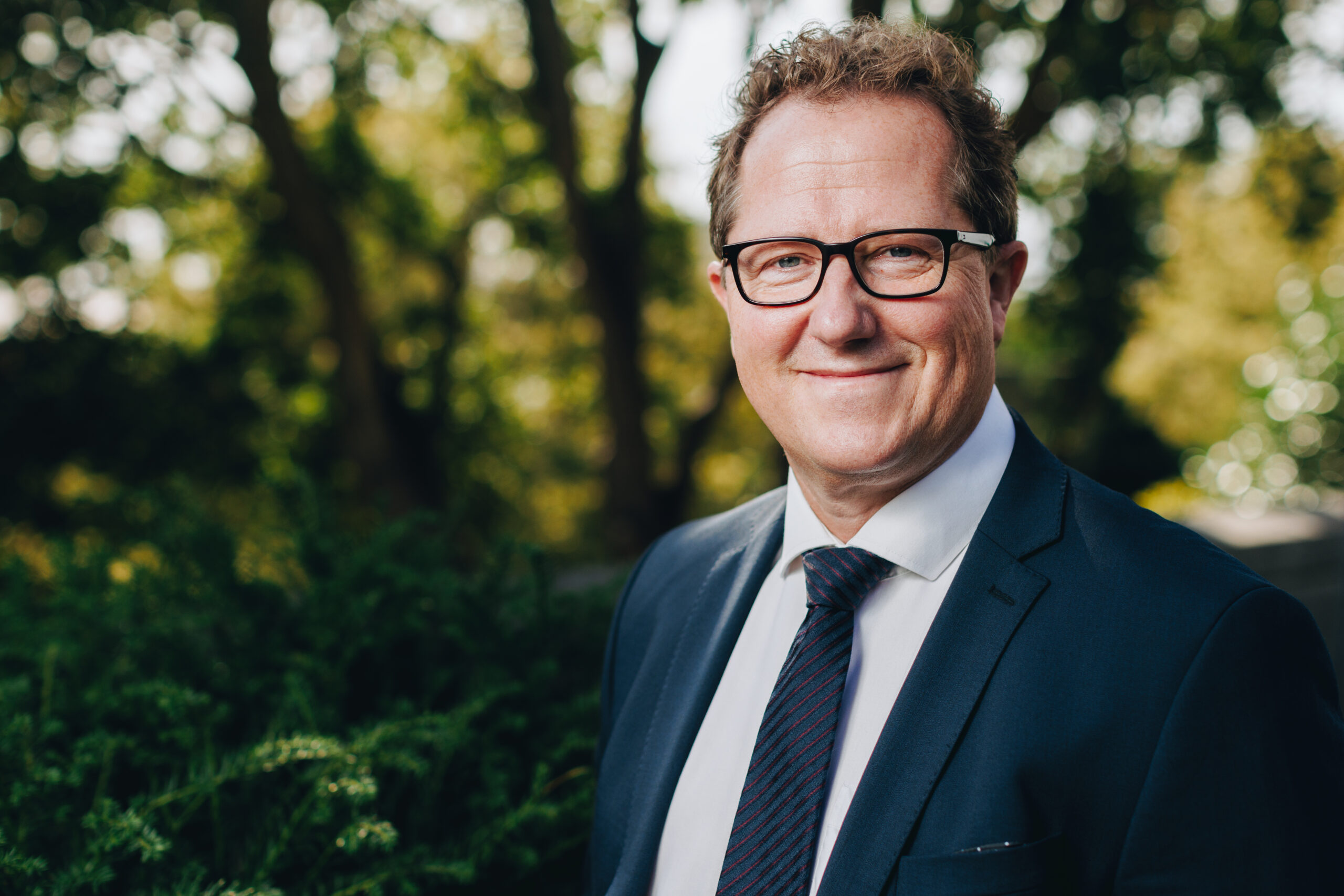According to figures for 2017 profiling the health of the nation released by the health authority Sundhedsstyrelsen, an increasing number of Danes just don’t feel good in themselves.
Nerves, depression, dark thoughts and a lack of sleep from worrying about their lives are all common symptoms among the 180,000 Danes aged 16 and upwards who took part in the survey, reports Politiken.
READ ALSO: Record number of Danes seeking psychiatric help
Based on the replies, 13.2 percent of the adult population have mental health issues. This is a marked increase from 10 percent in 2010 and 10.7 percent in 2013, and can be extrapolated to suggest that 623,000 adult Danes have problems.
“This development is extremely worrying. There is a person behind every one of these figures,” said the health minister, Ellen Trane Nørby.
Too much social media?
The statistics for stress are even more disquieting. The number of Danes saying they have a high stress level has risen from 20.8 percent in 2010 to 25.1 percent in 2017, which equates to over 1 million people.
The survey reveals that unemployed people are the ones who feel most stressed. There are also an increasing number of people who feel lonely and a large number of these are troubled by sleeping difficulties, depression, tiredness and angst, the report shows.
The minister dismisses the idea that the problems could be due to the social reforms that successive governments have implemented since the turn of the century – and that have adversely impacted a number of people – but rather are down to the negative effects of always being online.
“We must remember to turn off [our electronic devices] and be part of real social relationships with other people – not only through electronic media,” said Nørby.
People intrinsically valuable
Anne Lindhardt, the chair of the psychiatric organisation Psykiatrifonden, feels that although things in Denmark are rosy on the economic front, a lot of people feel they don’t have a full and satisfying life.
She goes on to say that values such as productivity, effectiveness and thrift permeate society and have become part of the way in which people define themselves. She would like to see a return to seeing people as valuable in their own right.
“Everyone is hit by grief or mental problems at some time in their life, but it doesn’t make us inferior as people,” said Lindhardt.
Not only Denmark
The trend is not something that is peculiar to Denmark, said Eva Secher Mathiasen, the chair of the Danish association of psychologists.
“The World Health Organisation has pointed out that a decline in mental well-being is something that has grown explosively all over the Western World,” she said.
“We’re continuing to produce more and more people who are not thriving, so it looks as if some of the fundamental structures in society should be altered.”















